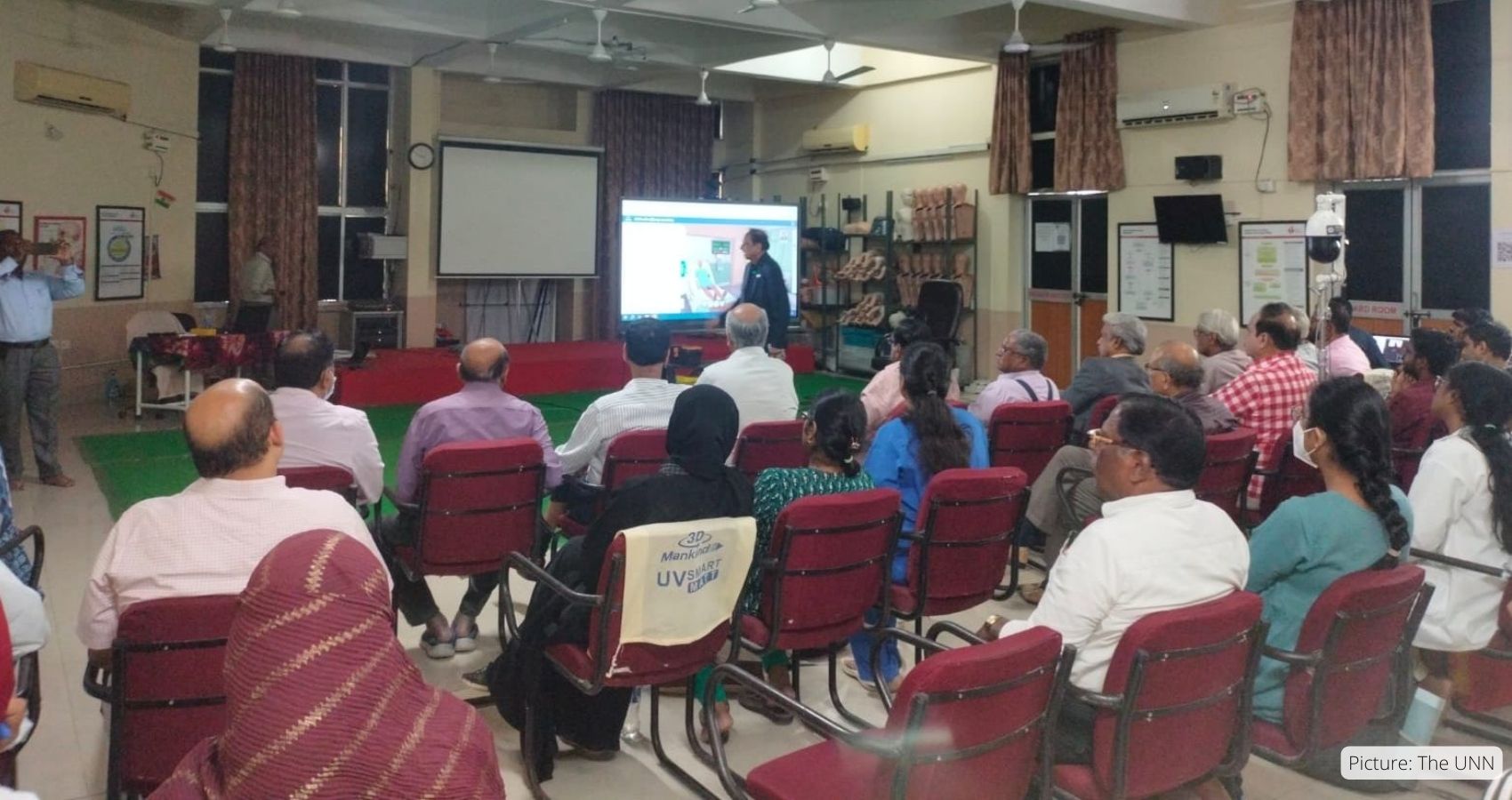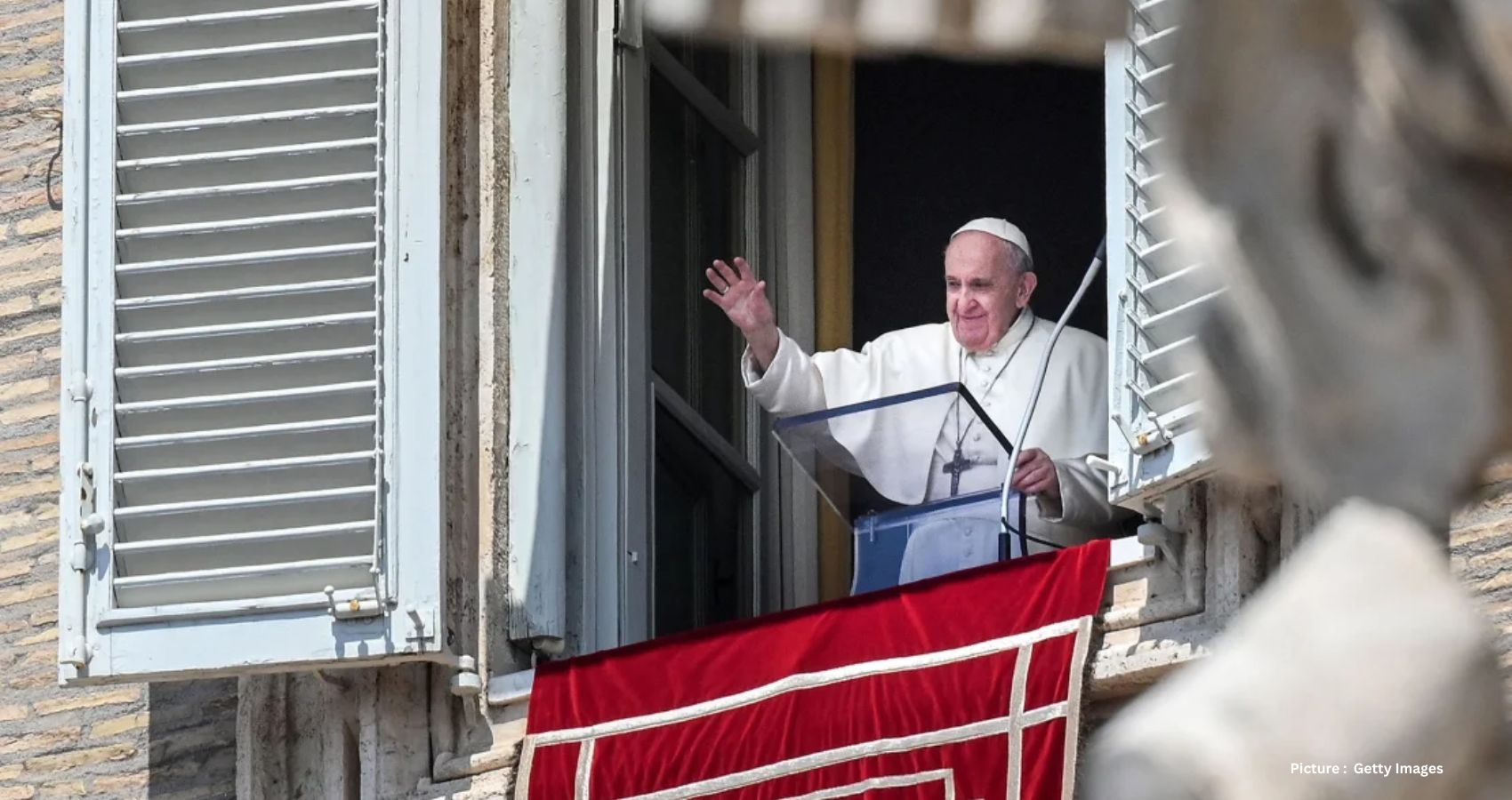Artificial Intelligence (AI) has been recently playing a significant role globally in the Medical field to promote “Best Practices in Medicine.” The future of Medicine will be largely AI-based, supplementing physicians’ clinical skills for early diagnosis and timely management of medical conditions and preventive care. Not many countries are currently utilizing AI-based technology in Medicine to the maximum extent. As one of the world leaders in the information technology (IT) sector, India has several opportunities to reap maximum benefits to improve healthcare delivery throughout the country (urban and rural) by utilizing AI-based medical technology more.
Dr. Vemuri S Murthy, an Indo-US Resuscitation Training Expert from Chicago, Illinois, USA, conducted the First Telangana Artificial Intelligence (AI)-based simulation workshop in Emergency Medicine (“Diagnosis and Management of Medical Emergencies”) with the state-of-the-art simulation technology at the Gandhi Alumni Training Center in Hyderabad on February 12, 2024. The 2.5-hour interactive workshop was attended by the Medical Faculty from Gandhi and Osmania Medical Colleges. The training model utilized user-friendly intuitive simulation technology in various clinical settings of virtual realistic cases with game-like interfaces.
Dr. Murthy is known for his several years of contributions to enhance outcomes during Cardiac Emergencies in India and the USA through community CPR Training, Medical University Resuscitation-focused Courses, Research involving Cardiac Arrests, and “Heart Saver” projects with multi-organizational collaborations. An Adjunct Associate Professor in the Department of Emergency Medicine at the University of Illinois College of Medicine in Chicago, Illinois and current Advisor (CPR) to the Government of Odisha (Health and Family Welfare), he has conducted several community Mass CPR programs, directed high-fidelity simulation-based Advanced Cardiac Life support courses, and guided Emergency Medical Care Scientific Conventions in India including the most recent Telangana State Emergency Medical Care Convention organized by the Indian Medical Association (Telangana) on February 11,2024 at the Asian Institute of Gastroenterology, Hyderabad.
Dr. Murthy anticipates significant improvements in the quality of Emergency Medical Care with the Indian Government’s (Ministry of Health and Family Welfare) recently introduced mandated National Emergency Life Support (NELS) Courses with simulation labs. in Medical Colleges for Doctors, Nurses, and Paramedics. He appeals to the Government to help fund lifesaving projects in every state. Dr. Murthy also hopes to see more and more cardiac disease-related research from Indian Physician peers, Medical Institutes, and Hospitals due to the fact that Indians and the Indian diaspora are more prone to heart disease and cardiac emergencies compared to other ethnic populations in the world.


